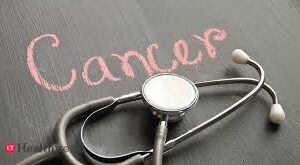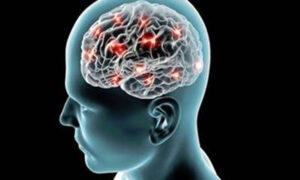Coffee comes with the potential of reducing the risk of developing a major cardiovascular issue which is known for affecting more than one billion people across the globe, says a recent study.
A report from the Institute for Scientific Information on Coffee (ISIC) highlights the potential role of coffee consumption in reducing the risk of developing MetS (metabolic syndrome), that increases the risk of cardiovascular problems, including coronary heart disease and stroke. The report, titled ‘Coffee and Metabolic Syndrome: A review of the latest research’, summarises the research discussed at a satellite symposium hosted by ISIC at the 13th European Nutrition Conference organised by the Federation of European Nutrition Societies (FENS) in Dublin, Ireland.
During the symposium, Assistant Professor Giuseppe Grosso reviewed his own scientific research on the association between coffee consumption and MetS in Polish and Italian cohorts and explored the potential mechanistic perspectives behind the inverse association.
His research suggests that polyphenols contained in coffee may be involved in the inverse association, specifically phenolic acids and flavonoids.
He also reviewed research that suggests that moderate coffee consumption is associated with a reduction of CVD, cancer, all-cause mortality and type 2 diabetes.
Associate Professor Estefania Toledo reviewed meta-analyses considering associations between coffee consumption and MetS and discussed work in a Mediterranean cohort.
Her research into the SUN (Seguimiento University of Navarra) cohort involved 22,000 people and specifically considered caffeinated and decaffeinated coffee.
The study concluded that moderate coffee consumption (1-4 cups per day) was associated with reduced risk of MetS, whilst higher intakes were not. This was reported for both regular and decaffeinated coffee.
The study presented at — FAPESP Week France– highlighted that drinking 1-4 cups of coffee per day is associated with a reduced risk of MetS in observational studies.
Specific conditions of MetS, namely type 2 diabetes and hypertension, are also inversely associated with coffee consumption. Associations with obesity are less clear.
The inverse association between coffee consumption and metabolic syndrome was shown in both men and women. Meta-analyses have suggested that moderate consumption of both caffeinated and decaffeinated coffee may be associated with a reduced risk of metabolic syndrome.




























 WhatsApp us
WhatsApp us
Pingback: Professor Herb CBD - CBD Hemp Flowers
Pingback: Darknet
Pingback: seo prutser
Pingback: review
Pingback: How To Use Wealthy Affiliate 2020
Pingback: maha pharma testosterone
Pingback: شات بدون تسجيل دخول
Pingback: 출장서비스
Pingback: fake rolex
Pingback: satta king
Pingback: poodle puppies for sale near me in usa canada uk australia europe cheap
Pingback: hondaqq
Pingback: Sweet jars
Pingback: Audrey
Pingback: Eddie Frenay
Pingback: 안전공원
Pingback: Earn Fast Cash Now
Pingback: td canada trust login
Pingback: green bob wigs
Pingback: Devops
Pingback: diamond paintings
Pingback: Digital Transformation
Pingback: bandar77
Pingback: diamond painting
Pingback: richard mille replica
Pingback: seo training
Pingback: Cialis (Tadalafil)
Pingback: ถาดกระดาษ
Pingback: it danışmanlık hizmeti
Pingback: best site to buy cc dumps
Pingback: maxbet
Pingback: sbobet
Pingback: https://kit-ongle-gel.fr/
Pingback: mushrooms store online job application
Pingback: sbobet